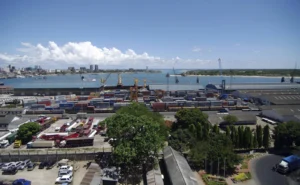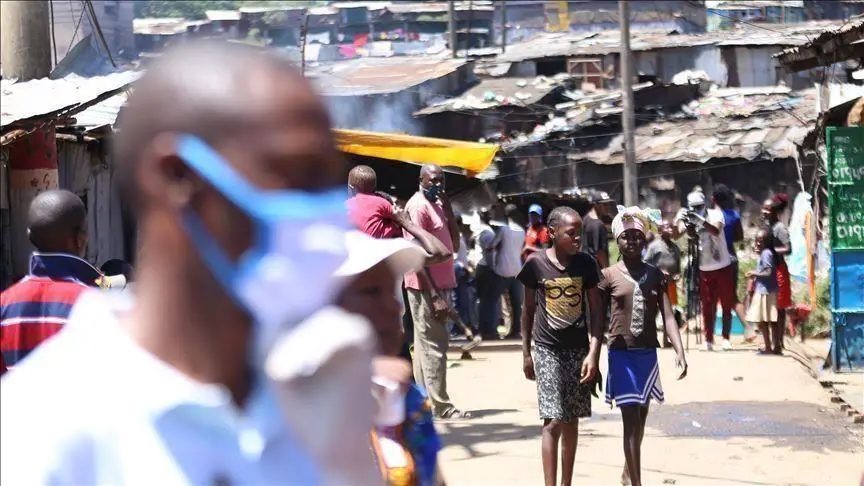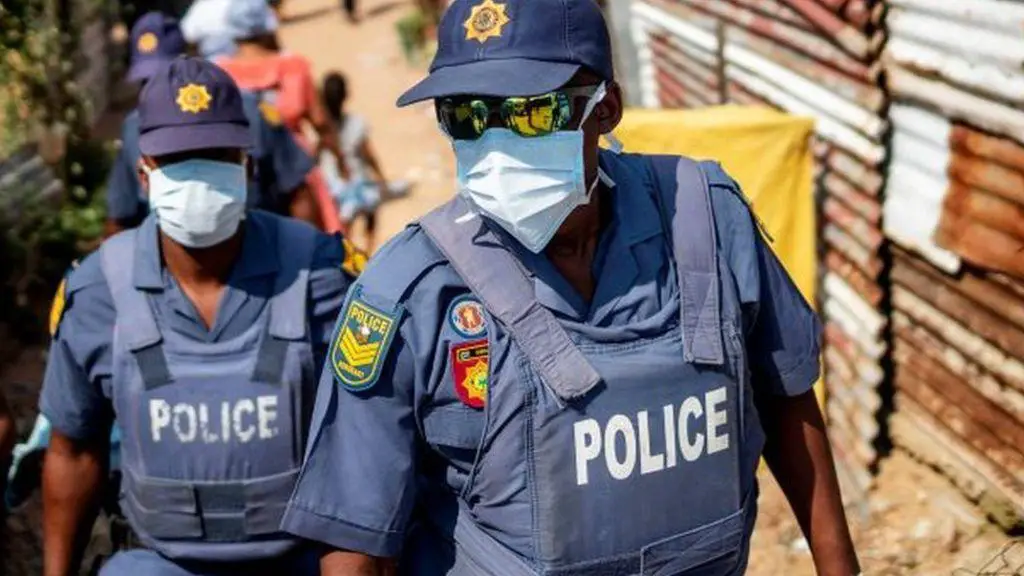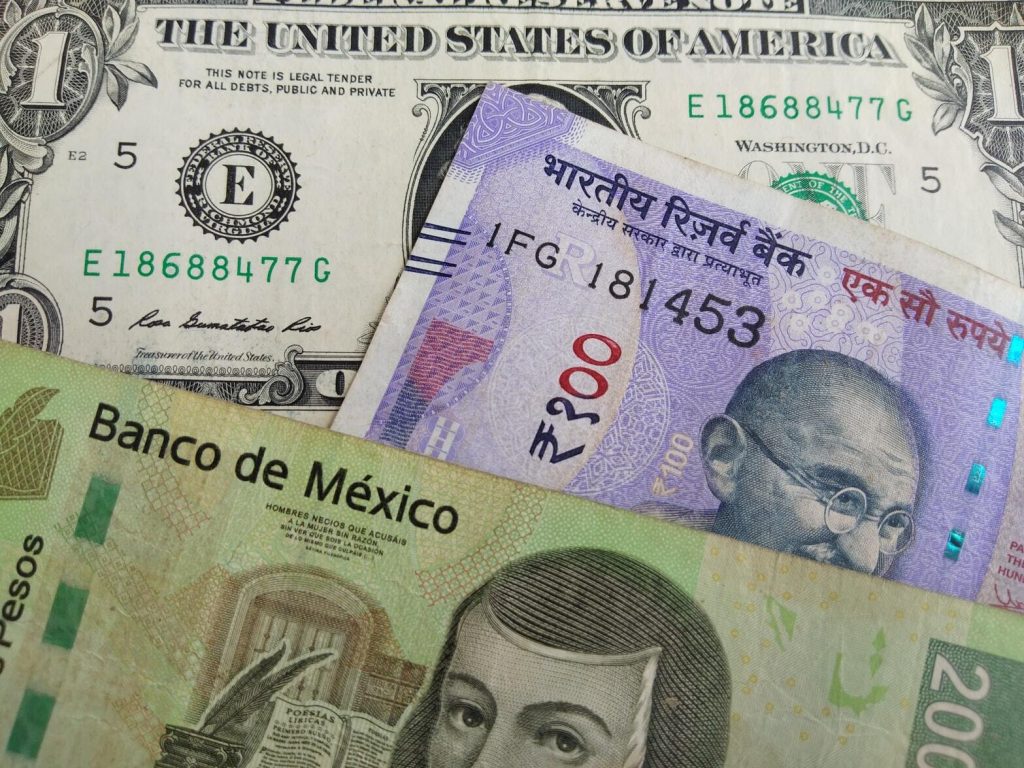- New $900,000 initiative aims to boost sustainable trade in Tanzania
- Organization of the Petroleum Exporting Countries’ (OPEC) pride in its African roots
- AIM Global Foundation pushes for stronger Gulf-Africa trade partnerships
- Investment opportunities in South Sudan’s emerging gold industry
- Family planning drive in Kenya gets 450,000 self-injectable contraceptive doses from UK
- AfDB commits $2 billion to revolutionise clean cooking in Africa, save forests
- The harsh realities of family laws for African women revealed
- Kenyan home buyers shift preferences, seek affordable housing despite market downturn
Month: May 2020
China has been funding a lot of Africa’s development especially in the past two decades and in that time, Beijing has loaned to Africa a whopping USD160 billion.
This debt burden is here to stay, and to stay for a long time, that is unless China is willing to forego or at least ease the terms of the loans. To put it in the words of the US Secretary of State Mike Pompeo;
“It is something that the African countries should consider, too, in asking China to possibly enter debt relief on some deals that have incredibly onerous terms that will impact the African people for an awfully long time, if relief is not granted.”
This should not be a problem for the runner’s up for World’s biggest economy, in fact China is among the world’s richest 20 countries which are known as the Great 20 or more …
Over the past few days, the East African corridor witnessed a border closure that had serious impacts to Tanzania, Zambia, and Democratic Republic of Congo (DRC).
According to information from The Citizen, the border saga has a new ground as Kenya allowed Tanzanian truck drivers to cross the Namanga entry point, prior clarifying their COVID-19 test results.
Kenya, Uganda, Rwanda, Tanzania, and Zambia make up over 2,000 cases of the coronavirus. The pandemic forced the Tunduma-Nakonde border vicinity to be monitored closely as the Nakonde district recorded 76 new cases on Saturday.
Kenyan border
However, government authorities in Tanzania said yesterday of the 300 trucks that were denied entry into Kenya until their drivers had undergone Covid-19 tests, had been allowed to proceed.
This is a consequent measure brought to curb the virus, as on Tuesday two truck drivers tested positive compelling Kenyan health authorities requiring truck drivers to undergo …
Africa second-largest economy, South Africa—is anticipating to reopen its economy by easing its nationwide lockdown.
According to information from Bloomberg, South Africa’s government announced the plans for the reopening on Wednesday.
South Africa—which had the most strict lockdown perhaps in the entire region, has taken the imitative due to business leaders constant pressure on South African President Cyril Ramaphosa, to take back the economy to its normal life, arguing that the lockdown does more harm and could do more harm to the economy over time.
The South African government rolled in a 21-day lockdown on March 27 to fight the virus spread, but then added two more weeks.
The lockdown has been used as the preparing base to levitate the health system, as nearly 25,000 beds were added for quarantine, personal protective equipment and other supplies, according to information from Bloomberg.
Speaking to his countrymen via a televised address, …
The impact technology has on our world is profound and, some might say, immeasurable. Outside our personal lives, it continues to change industries and global markets at a rapid pace every single day. Foreign exchange, or forex, is one of those financial institutions that are evolving with groundbreaking advancements. But before we can fully appreciate the effects of disruptive technology on forex today and possibly the future, we have to look at how it began.
How Forex Was Traded in the Past
Trading forex is as old as the history of civilizations. In ancient times, people exchanged goods and services for a price, even if that price was represented by raw materials or food. The problem was assigning value fairly — people disagreed on whether or not the items being bartered were equal to each other. To solve this, Thought Co. points out that early civilizations developed commodity money and …
Ethiopia said that it would start filling the GERD which is a mega-dam expected to contribute to the country’s energy production mix.…
The Impact of COVID-19 on agriculture value chains especially transportation logistics is immense. Economies must adopt, industries and sectors must find their own solutions to the bottlenecks in the agri-food supply chain.
Now that it is no longer business as usual, what makes up for robust food supply chains when borders are shut down? Will air travel cut prizes and yet break even in cross border food supply routes? What technological advances must we embrace in food production to bridge the growing supply gap? How can digital systems help speed up logistics integration in the transportation sector?
These are the questions that must be answered to charter the way forward for Africa’s food security and maybe even the World’s.
https://theexchange.africa/industry-and-trade/agribusiness/how-africas-122-million-mobile-banking-accounts-can-fund-agriculture/
While the COVID-19 crisis has brought to our door steps the largest challenge for food security of modern times; with lock downs, quarantines and logistics disruptions not to mention the …
No continent suffers worse food security issues than Africa, yet despite the high productivity coupled with disease and drought resistant capabilities of genetic modified organisms (GMOs), Africa has long been resistant to genetically modified food, be they crop or animal embryos.
While the average beef cattle in Africa, say the local Zebu weighs an average weight of a mere 250kg market weight, hybrid beef cattle like the Aryshire, weighs an average of 400kg, almost double the local African breed.
Instead of settling for 1 to 3 litres of milk per day from your local Zebu, you could get in excess of 10 litres of milk everyday from a hybrid Fresian, almost four times more milk.
Not only does the Aryshire beef bull and the Fresian cow produce more, they grow faster and when crossbred, they are even resistant to disease and bad weather. So why would food troubled Africa resist …
While all other agricultural exports are suffering reduced demand owing to the Covid-19 global pandemic, that is not the case for tobacco which has recorded remarkable increase in sales at the beginning of the marketing season.
Reports from Zimbabwe say export of flue-cured tobacco is stable and prices are firm, with tobacco sales having increased more than quadrupled over the cause of the last and the present season. Last season closed with sales of USD232 008 but this season has opened with sales of USD1 598 230 that is a 588 percent increase!
As market season opened at the start of the month, an impressive USD1.6 million was sold. With attractive prices that begun above USD 5 per kilogramme, farmers were more than willing to sell. Only three days after the marketing season opened, farmers had sold almost 700 000 kilogrammes of tobacco.
The country’s Tobacco Industry and Marketing Board …
Total Uganda has bought out the financial struggling Tullow Oil for a whopping USD575 million as the latter gears up to leave the East African market.
The buyout will be paid in part by a USD 500 million initial payment payable upon completion and another USD75 million payable when the project pact is finalized.
With completion of the sell, Total Uganda will now own Tullow’s assets on the humongous Lake Albert Development project and the even larger East African Crude Oil Pipeline project. Tullow, a British owned conglomerate has been struggling and the just inked Uganda buy out will help improve its liquidity.
The move is not due to the ongoing global coronivrus pandemic, it is rather a strategic plan that was on the table long before the pandemic begun. At the start of the year, the sale and purchase agreement had already been signed, well before the Covi-19 virus …
The private sector is not responsive to the government’s stimulus package as banks report less than desired activities in borrowing. Even though huge fiscal and monetary measures have been taken by the Central Bank, still commercial banks are facing reduced demand on borrowing.
This is evident in weekly turnovers for Interbank trading which is down 92 per cent, the lowest it has ever been over the last decade. Money market analysis for the month of May reported that the Interbank Money Market (IMM) suffered its lowest activities since 2010.
You will recall that 2010 is just two years into the global economic recession that was triggered by among other things, poor lending habits by banks in the US that led to a collapse of the real estate industry.
Numerous banks had to be bailed out just to keep people in their homes as foreclosures were rampant across the country. The …














